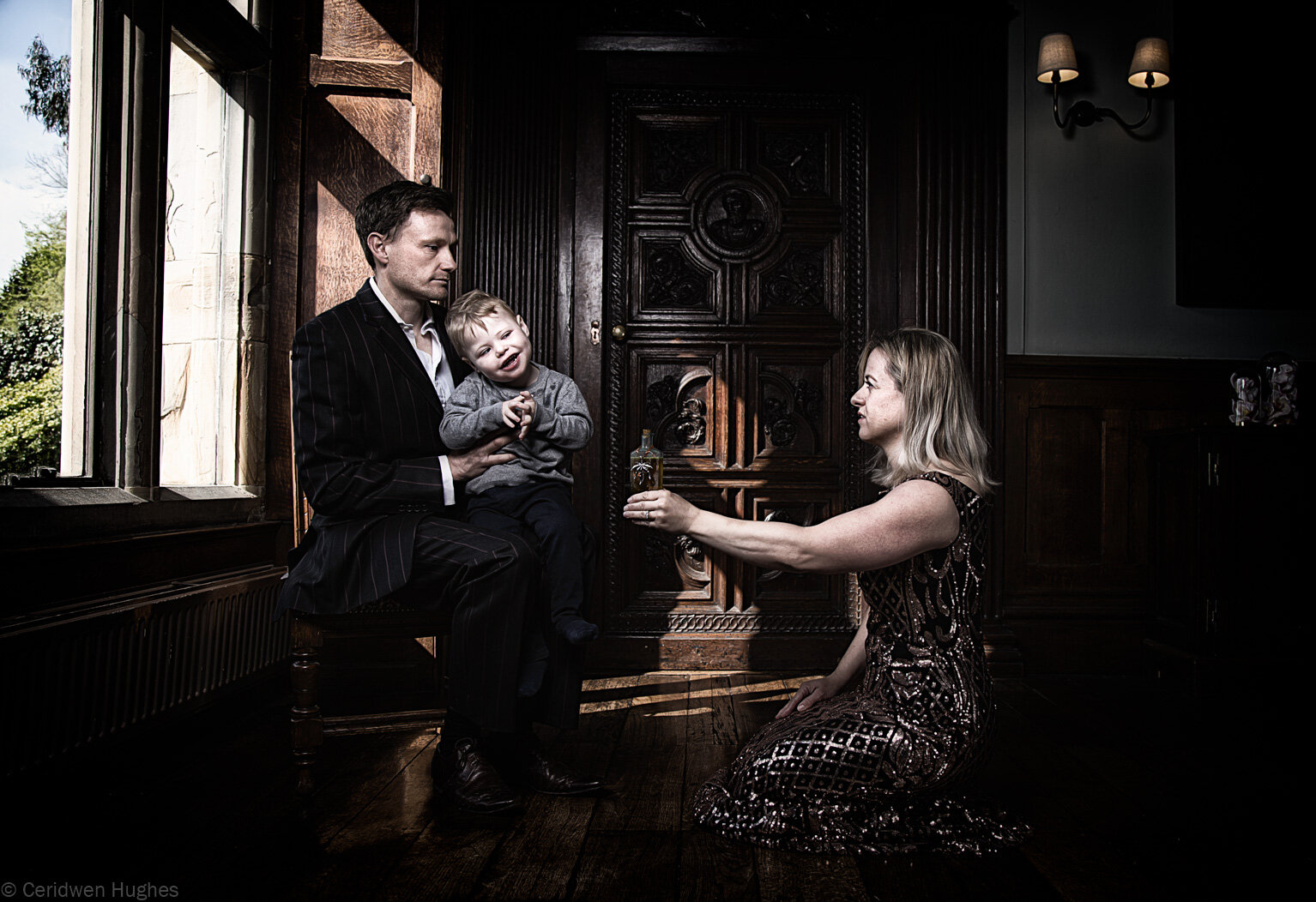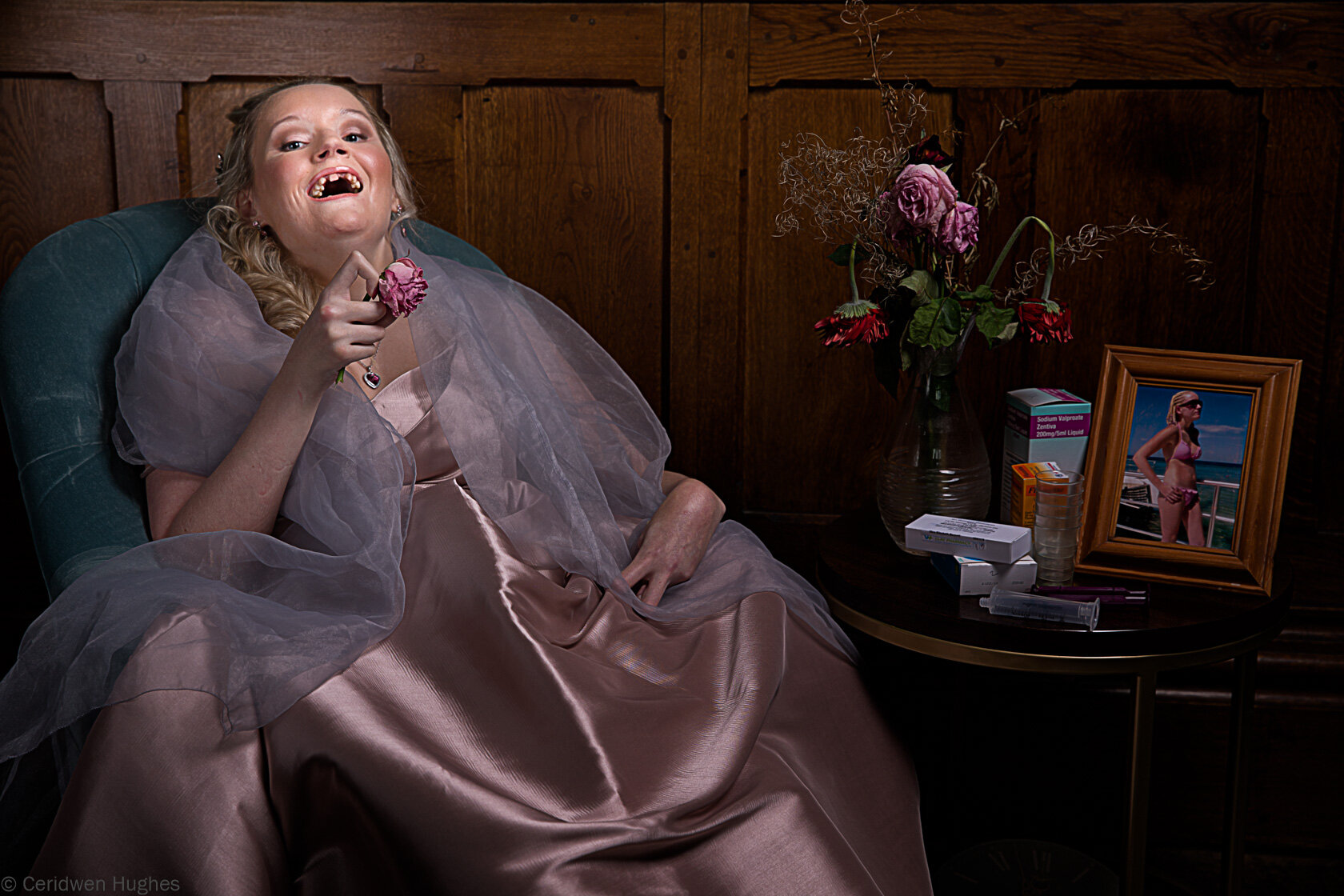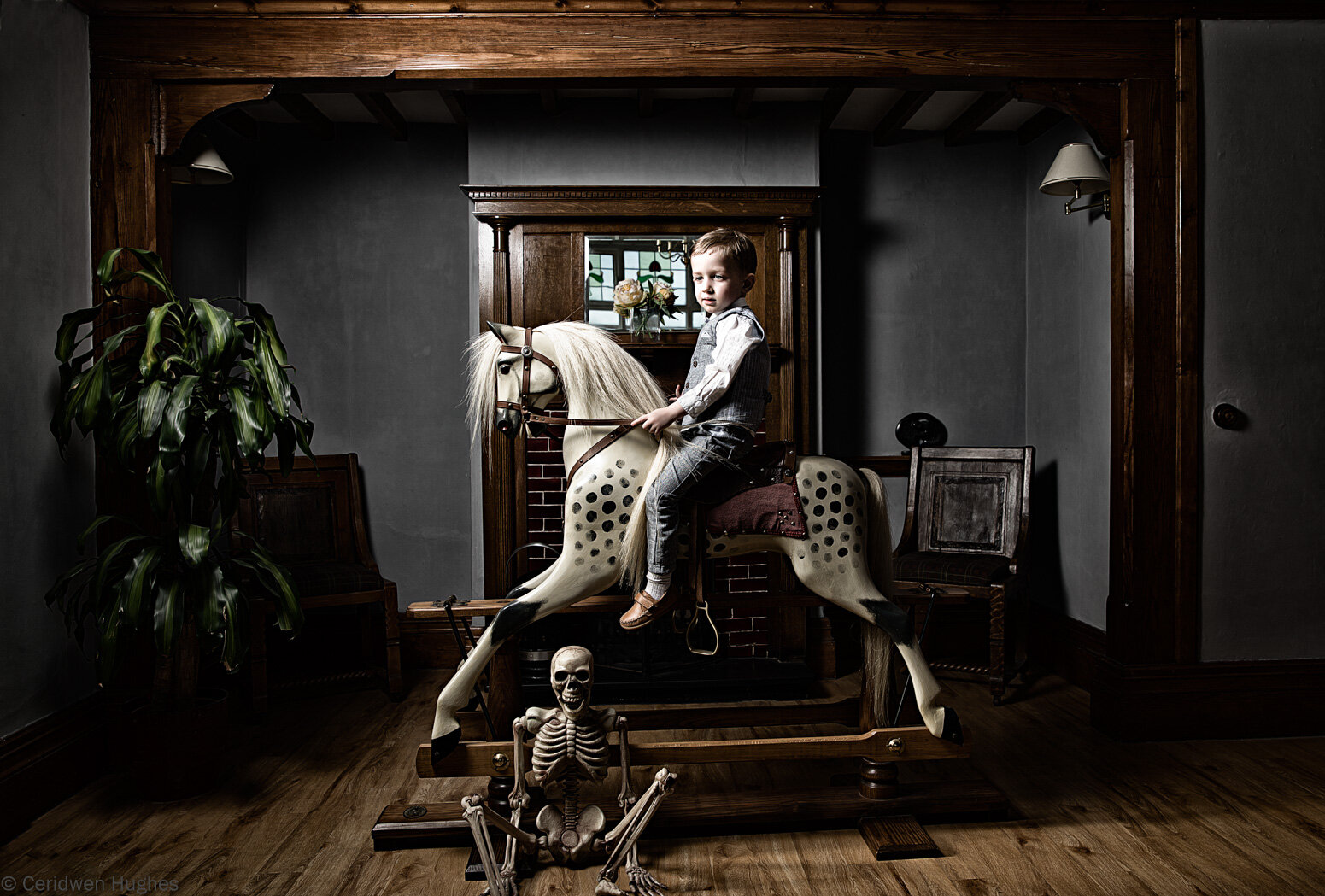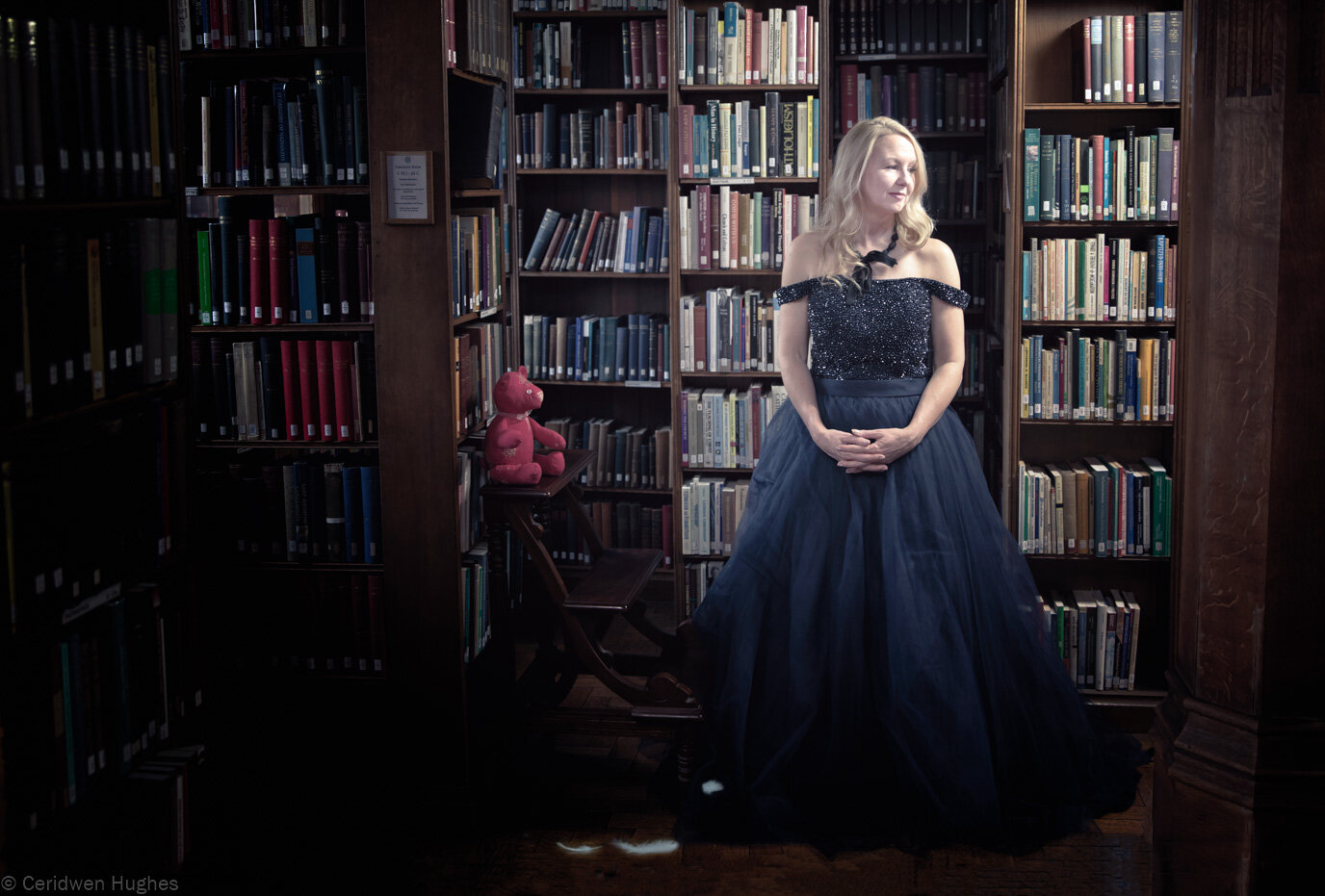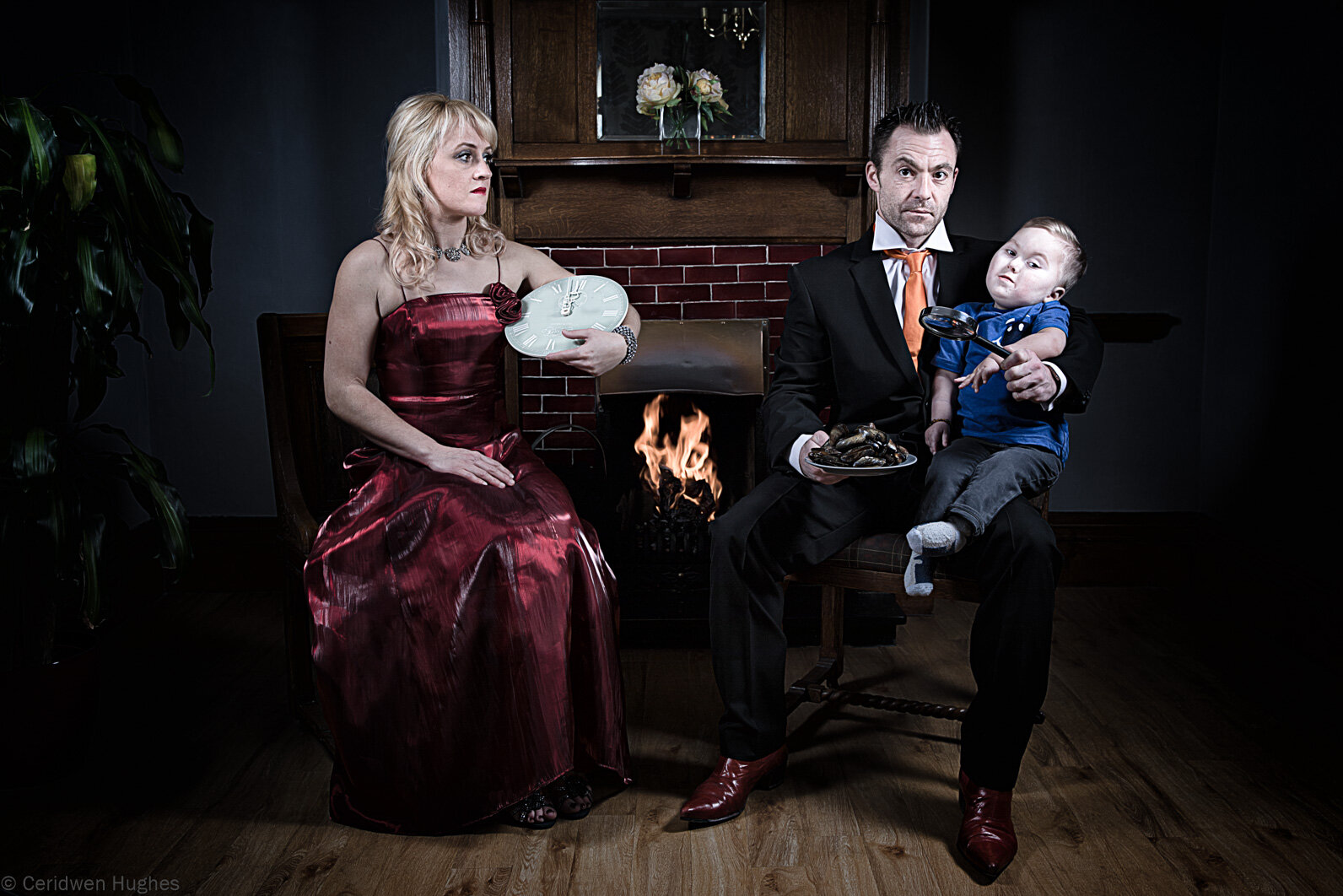Jack
“He looks healthy but that's the heartbreaking thing, because at the end of the day, his muscles are wasting away and he is dying.”
When you think of big muscles you usually assume that person must be strong - a bit like Popeye! With Duchenne Muscular Dystrophy the opposite is true as the large muscles are actually a sign of their muscles getting weaker. One family affected by the condition shared their experience with us.
"Jack was diagnosed with Duchenne Muscular Dystrophy in 2015 when he was just 2 years old. It’s a rare condition, that mainly affects boys. It’s a muscle wasting disease, so he’ll gradually begin to lose all of the skills that we’ve watched him gain. He will likely be in a wheelchair by the time that he is 12 and finally all his muscles will deteriorate. His life expectancy is in his early 20s
He walked at the age he should have done, and he could sit up. We just noticed that when he was trying to get upstairs he was very tired, it felt like a big effort for him, and he was getting fatigued quite quickly. We also noticed that he wasn’t really using his quad muscles in the same way that his cousin was so when he was getting up from the floor it was much more of an effort. We thought he might need a bit of physio or have a vitamin deficiency, so we went to the doctors to explore further and then we were sent for a blood test.
We had a blood test done and his CK levels were elevated so we had a call at 7am in the morning from a duty doctor at the hospital, it was completely out of the blue. He said that Jack had got raised CK levels, but we didn’t know what that meant. He said that it might be a form of muscular dystrophy, so then we started googling and our minds were going everywhere. We came across Duchenne muscular dystrophy and just hoped it’s wasn’t that one because that’s the worst form of muscular dystrophy that there is because it is fatal. It’s life limiting.”
“To just hear this on the phone was so unexpected. We were in shock and disbelief all weekend.”
To just hear this on the phone was so unexpected. We were in shock and disbelief all weekend. There is no good way to hear this news but it was just before Christmas and in an ideal world it would have been better had we known that we were going for a genetic test. The consultant and doctor should have supported us. It’s never going to be good news to hear, it completely throws your world upside down. It takes away all the hope that you have for your child and you start grieving for the life that they should have. Whilst you’re told to live life in the moment, it’s impossible to do that to some extent, when you know your child’s life has been taken away.
After the diagnosis we just threw ourselves into fundraising and finding out as much as we can in the hope that new drugs and treatments will come along and help to save his life. We hope that he’s in the generation that will survive and have a better quality of life than those that have unfortunately not had that opportunity in the past. We try and keep him in the best condition that we can do so that when that treatment or cure comes along he’s going to have the best chances of extending his quality of life, and it’s all about quality of life.
Duchenne means that children like Jack can’t do all the things that other children of their age can do, simple things like going to a bouncy castle, parties, trampolining parties or go for family walks. Everything has to be well thought out so we know how long is he going to be walking. We need to see if we need to bring the wheelchair, make sure he’s got certain breaks, ensure it’s flat and accessible, it’s all of those things that we constantly have to think about. He wears boots to bed, his friends don’t wear those. Sports day is a day that we dread.
“Duchenne means that children like Jack can’t do all the things that other children of their age can do, simple things like going to a bouncy castle, parties, trampolining parties or go for family walks.”
“To the outsider he looks like a normal child, a healthy child, and even his calf muscles are big but that’s actually because the muscles are deteriorating and are being replaced by fat. That’s actually a symbol of Duchenne. He looks healthy but that’s the heartbreaking thing because at the end of the day, he’s dying and his muscles are wasting away. It’s hard for his own friends to try and understand that he can’t do some of the things that they can, that he’s limited in his physical ability. It’s been particularly hard for us as parents during his whole diagnosis, but the hardest is yet to come when it starts to impact upon him, his emotions and how he’s feeling about it all. That’s another thing that we have to face and dread.
We try not to think to the future. You have to live every day because looking ahead is just too scary, it’s too unbearable. You want to press a pause button, more so than any parent, because you dread what the future holds if this disease continues. Not just for us, it’s about the impact on him, and friendship and him feeling different. We used to look forward in life, racing to the next event but now it’s hard to look forward to anything, but we just have to keep ourselves positive. And you do value every second and moment, every photo, every experience because you know that you’re on borrowed time.
These boys are dying, they’re dying year on year, generation after generation and they need a better quality of life and a longer life. No parent should have to see their own child die or wilt away before their eyes, and there is clinical evidence and research out there, there is hope and hope is all we’ve got at the moment.”
Duchenne muscular dystrophy (DMD) is a genetic disorder characterized by progressive muscle degeneration and weakness. It is one of nine types of muscular dystrophy.
DMD is caused by an absence of dystrophin, a protein that helps keep muscle cells intact. Symptom onset is in early childhood, usually between ages 3 and 5. The disease primarily affects boys, but in rare cases it can affect girls. You can find out more from www.duchenneuk.org.
VIEW THE OTHER STORIES IN THE BEAUTY OF RARE EXHIBITION
If you wish to discuss this project or reproduce any images or story, please contact ceri@samebutdifferentcic.org.uk. The photographer on this project is Ceridwen Hughes (www.ceridwenhughes.com)






